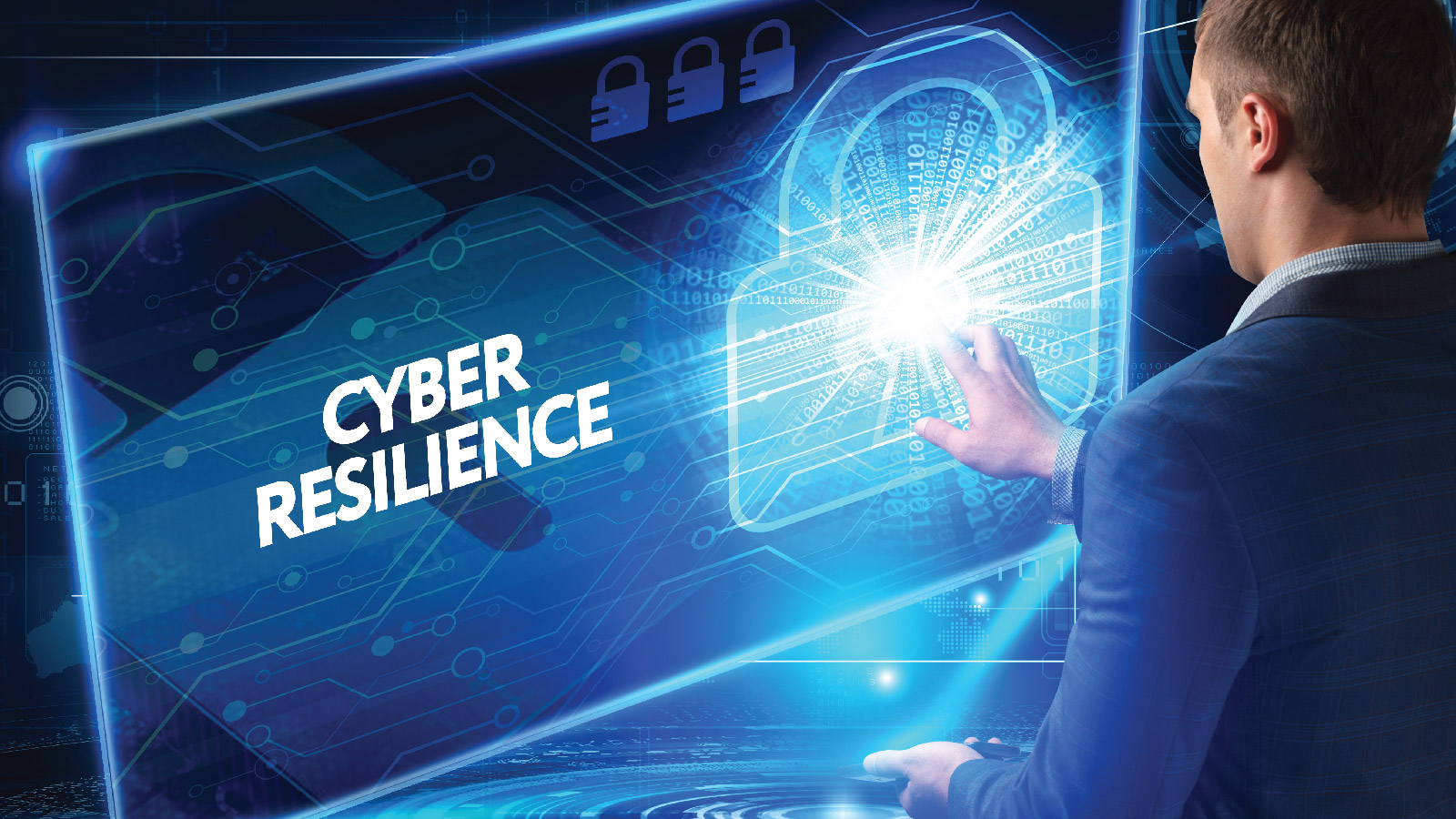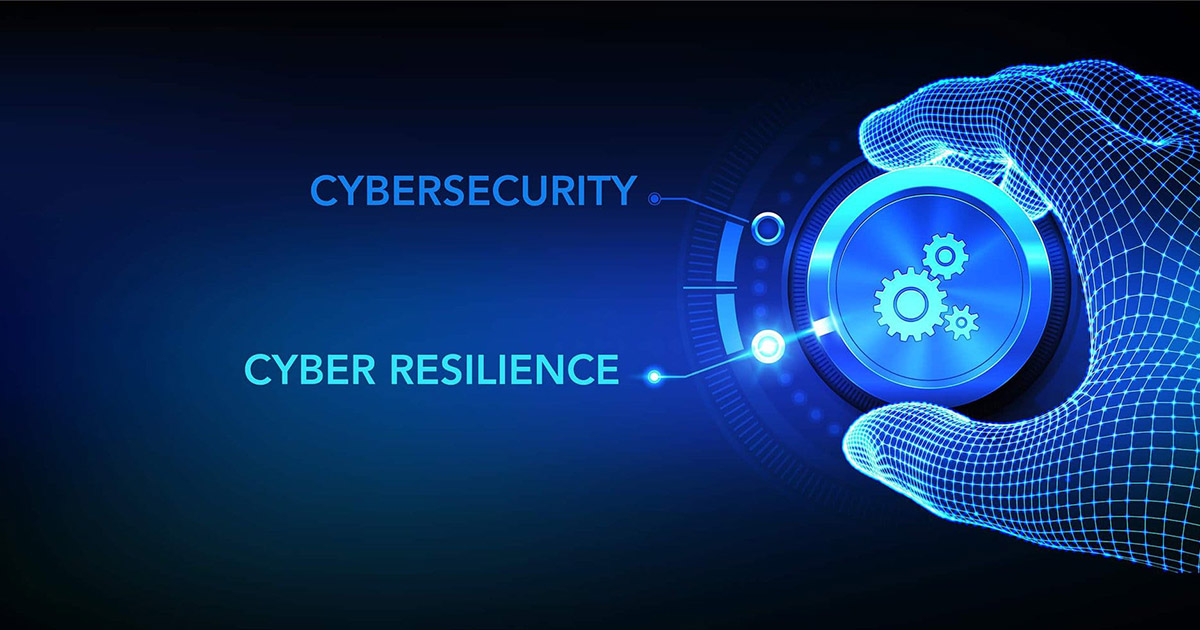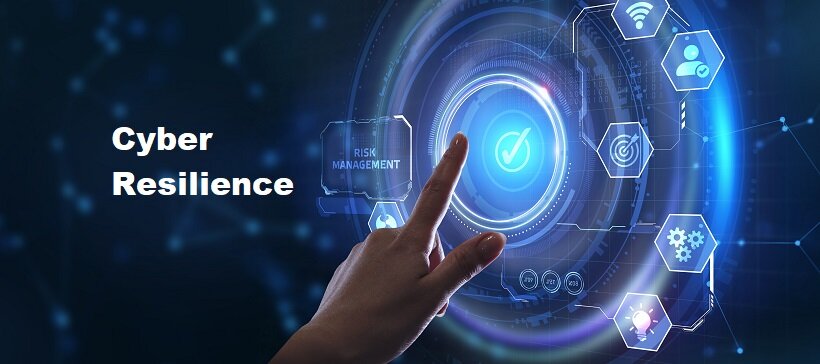Cyber Resilience: Why is it important?
Organizations are challenged daily to keep their data safe from internal and external threats. As our work boundaries stretch thin and the line between work and personal life blurs, your organization’s essential and sensitive data is spread everywhere. It’s your responsibility to keep your organization’s data safe and private and ensure that only authorized people have access to it. That’s why every company needs a robust cyber resilience solution.
What is Cyber Resilience?
Cyber resilience is the ability of an enterprise to limit the impact of security incidents by deploying and optimizing appropriate security tools and processes. Cyber resilience also includes the organization’s ability to continuously strengthen its overall cyber defenses in the face of adverse cyber threats.
Attributes of cyber resilience are:
- Aligning information security, business continuity, and organizational adaptability.
- Protecting the enterprise against anything that will negatively impact the availability, integrity, or confidentiality of networked IT systems and associated information and services.
- Developing and enabling security teams that are hyper-aware, hyper-vigilant, and hyper-capable of keeping the organization safe.
- Preparing for, responding to, and recovering from cyber threats in a timely fashion with minimal disruption of operations.
- Being able to adapt to known and unknown crises, threats, adversities, and challenges.

How does it work?
Cyber resilience is a comprehensive strategy because it combines different elements of cyber security, business process and continuity management, and organizational endurance, enabling businesses to continue their operations in the unfortunate event of a negative event like an information breach or online attack.
A security incident or a disruption in standard business operations can lead to a significant loss of organizational prowess, regulatory fines, and damage to the organization’s brand. The longer it takes to recover from a negative event and get the business up and running again, the greater the negative effects will be for the organization.
However, giving businesses the ability to prevent security lapses and breaches while responding quickly to incidents that can’t be prevented ensures that the business as a whole will only have to deal with minimal financial and dent in reputation.
Benefits of Cyber Resilience
- Blocks threats from entering an organization’s systems
- Brings internal processes to a higher level by engaging an entire organization in the roles and importance of security
- Enhances overall security with strategies for improving IT governance, increasing data protection efforts, minimizing the impact of natural disasters, and reducing human error
- Focuses scarce IT and security resources where they will provide the most value
- Generates more trust across customer, partner, and vendor ecosystems
- Improves compliance with government and industry regulations
- Keeps sensitive data safe
- Maintains business continuity in the event of a cyber incident by minimizing downtime
- Optimizes the daily operations of an organization’s IT department by improving their ability to respond to threats and ensuring day-to-day operations are running smoothly
- Reduces financial losses and reputational damages
Cyber Resilience vs Cyber Security
How does cyber resilience differ from cyber security? Cyber security is a component of cyber resilience that is itself made up of several sub-components — endpoint security, network security, and security awareness training. Together, these make up the broader category we call “cyber security.”
When data backup and recovery are added to the mix – which in turn includes services like endpoint backup and recovery, backup for Microsoft 365, server backup, migration services, and more – we start to talk about cyber resilience in a broader sense.
When data security plus data backup and recovery come together to keep your business online, we call it cyber resilience.

Why is Cyber Resilience important?
Maintaining business continuity
A cyber attack can cripple an organization and slow down operations or, worse, bring the business to a halt. Being prepared for threats ensures that you protect your business from unnecessary interruptions, and get things back on track with minimal downtime in case a virus, malware, or ransomware slips through the cracks.
Keeping customer data safe
No matter what industry you are in, you have varying amounts of customer data in electronic form. This means that you are responsible for that data. Failing to keep the data secure can trigger fines, litigations, and diminished customer confidence in your business.
Adhering to data protection and compliance regulations
Several geographical (such as GDPR or CCPA) and industry-specific (such as HIPAA) data management regulations require strict compliance. A good way to ensure your workflows remain compliant is to build a strong framework for data protection and security.
Gaining customer trust
More and more customers are eager to learn how to store their data and what measures they must have in place to keep that data safe. A robust cyber resilience framework will help to build customer trust that you have safety measures in place and are vigilant in protecting their data at all times.

Is Cyber Resiliency a Replacement for Cyber Security?
Cyber resiliency is by no means a replacement for cyber security. One of the main reasons is that cyber resiliency is basically like a contingency plan in the case of a cyber-attack. Cyber resiliency in itself does nothing to prevent the attack from ever taking place, but instead focuses on what happens next and how an enterprise can react to it.
Cyber security on the other hand plays an equally vital role in identifying attacks and defending physical and digital assets, including data, from the harms of a cyber attack.